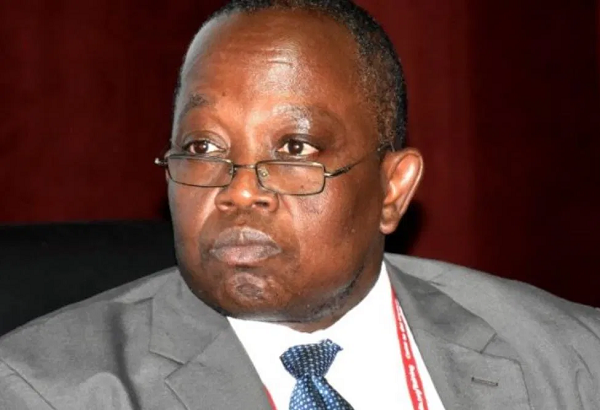adverts
Former Auditor-General of Ghana, Daniel Yaw Domelevo, has raised concerns over the management of the vetting process by Parliament’s Appointments Committee, questioning its transparency, fairness, and effectiveness.
Speaking on KeyPoints on Saturday, February 1, Domelevo criticised what he described as an imbalanced and politically motivated approach to vetting ministerial nominees.
A key part of his critique focused on the unrestricted time given to certain committee members, particularly Minority Leader Alexander Afenyo-Markin, to interrogate nominees.
adverts
“How can a member be given unlimited time during the vetting process?” Domelevo questioned. “If you have a vetting session scheduled for one hour, how can it extend into two or three hours for just one individual?”
He warned that while discretion is necessary in such proceedings, it should not be exploited for partisan or personal gain. According to him, the primary objective of vetting is to assess the qualifications, competence, and suitability of nominees for their respective roles—not to serve as a political battleground.
“The essence of vetting is to evaluate the competencies of nominees to ensure they are fit for the position they are being considered for,” Domelevo stated. “But what we see here is the use of vetting to settle personal scores, which is inappropriate.”
Domelevo also pointed to inconsistencies in the length and rigour of vetting sessions, noting that while some nominees undergo prolonged questioning, others are approved after only a few minutes.
“International standards dictate that vetting should take time—at least 50 minutes per nominee. But instead, we see quick, ineffective sessions that don’t serve the public’s interest,” he lamented.
His remarks come amid growing public scrutiny of Parliament’s handling of ministerial vetting, with many questioning whether the process genuinely serves the national interest or is influenced by political allegiances.
Domelevo concluded by urging lawmakers to rethink their approach to vetting and ensure it remains a serious, impartial, and effective process.
“The role of vetting should not be reduced to a political platform for settling scores,” he said. “It should be a serious process aimed at determining whether a nominee is fit for the role they are to occupy.”
His comments add to the broader debate on improving governance and parliamentary accountability in Ghana, with calls for reforms to ensure the Appointments Committee conducts its duties with greater fairness, professionalism, and adherence to best practices.
GOT A STORY?
Contact/WhatsApp: +233243201960 or Email: manuelnkansah33@gmail.com


